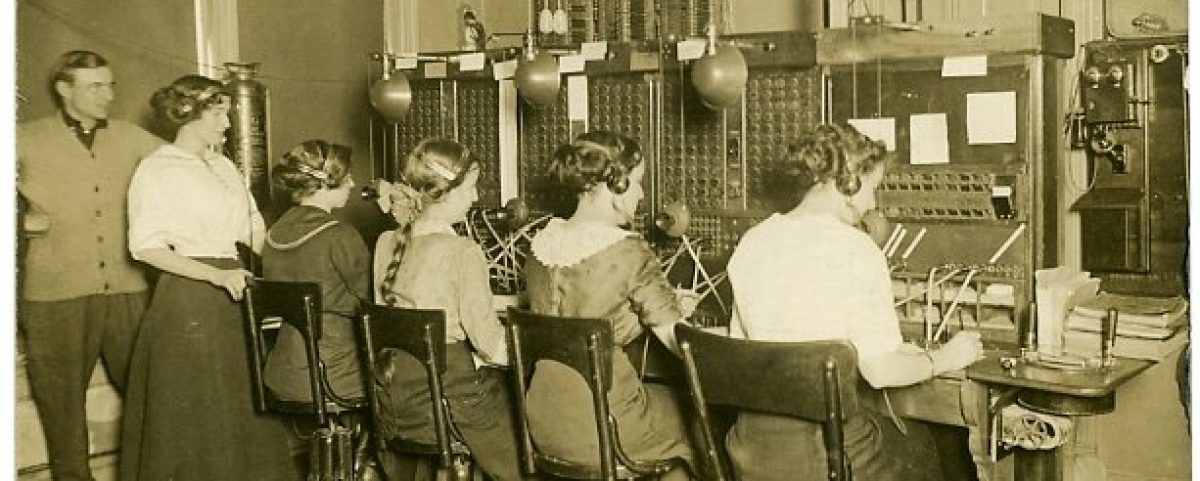I am pleased to be working as a consulting public historian on a large Harford County project called “Reconstructing Havre de Grace’s Community History – The War of 1812.” As part of the development of the Star Spangled Banner National Historic Trail the City of Havre de Grace has obtained a National Park Service grant to research and interpret the history of the town at the top of the Chesapeake Bay around the time of the war.
The other public historian involved in the project, Chris George, is researching military history while I design and direct the research that focuses on the community’s past. For much of 2011, I will be working with a great group of volunteers, local historians, and community subject matter experts to piece together the forgotten parts of the town’s past. That will involve lots of archive research on life in Havre de Grace just before, during, and after the British attack of 1813. It’s an exciting project as the nation and Maryland prepare for the Bicentennial of our second war with Britian and I’m looking forward to participating in some extensive fieldwork with a fine group of volunteers in Havre de Grace.

